The Vietnam War, much like most large enterprises with many human actors or participants, will have varied and diverse perspectives and experiences provided by these participants. As a young college drop-out from an upper, middle-class family, my experience will probably seem calm and maybe as idyllic as an extended stay at an overnight summer camp. Having stopped my college studies in 1969, I was subject to the pre-lottery draft and was pulled into military service within 6 months of dropping out of a liberal arts institution, this small school was a scene of massive anti-war demonstrations that stopped the school year cold in April a year later.
Meanwhile, I went through basic training, traumatized by having my bushy hair cut short and my right cheek perpetually sore from the banging of the heavy butt of an M-14 rifle during target practice.
Possibly apt as a candidate for officer candidate school, I didn’t want to be in the service, having worked hard to find alternatives to military service prior to being drafted. My general fearfulness, despite my football-playing physique and facility in French, kept me from going to Canada to evade the draft. So, off to Vietnam I went.
But wait, I was a chaplain’s assistant, an MOS (military occupational status) of which no member was killed during the 8 ½ year conflict. I was to be a chaplain’s bodyguard and jeep driver and mechanic. Assistants helped with all that a chaplain needed, administrative office work, set up for services, and maintenance and cleaning of chapels. Stationed at the giant and very safe and well-guarded base that was Cam Ranh Bay, I had quiet days of maintaining the chaplain’s station and busy nights of playing poker and watching movies.
Three dynamics are worth noting. First, having been raised as a Protestant, but serving a Lutheran, then Catholic and, finally, a Christian Science chaplain, I supported and offered an ecumenical presence amongst the troops. Participation was light amongst the pampered rear guard individuals. It is often cited that 90% of the military that served in Vietnam-receiving approximately a 28% combat pay bonus-was in the rearguard, only finding danger that these individuals actively sought. I succeeded a devout individual as assistant which meant that some compatriots were shocked by my beer drinking and poker playing.
It is often cited that 90% of the military that served in Vietnam-receiving approximately a 28% combat pay bonus-was in the rearguard
Secondly, the chaplains were responsible for outreach; so we travelled out to more embedded bases, places where the assigned military personnel were amongst the people and thus susceptible to acts committed against our presence. Nevertheless, that area of Vietnam was “pacified” whereby the economy of the Vietnamese was intertwined with the presence of the American bases and troops. Thus, the Vietnamese had a strong, vested interest in assuring the safety and comfort of the visiting American forces. This reality was accompanied with the jaw-dropping beauty that surrounded us all. Crystal blue skies covering palm green hills and rice paddies. The bright yellow of the tropical blooms and shapely tree trunks. Wasn’t this possibly a summer getaway for young American adults? Ah yes, the temperature was always above 90 degrees Fahrenheit with often thick humidity.
Finally, the chaplains were also attempting to support the local human service activities, usually the omni present orphanages and childcare organizations. These initiatives often involved recruiting and involving the young American military members in the realities of war and the large number of infants living without the direct care of their biological parents. So, we had weekly visits out to mostly Catholic-run campuses for babes and other children, trying to assuage the guilt of our presence in this beautiful country destined to end without any visible success or achievement.
I’m not sure how my time in Vietnam affected me though it allowed me to receive many expressions of love and affection from family and friends back home. It seems an integral part of my personal and professional wandering since that has allowed me to have a diverse and varying set of relationships and experiences. Visits to Hong Kong and Bangkok, Thailand, helped fill my photo albums with exotic photographs of people of different cultures and ways of life. Nevertheless, I have understood that many other young Americans had their lives irrevocably altered or ended with their Vietnam experience. In addition, our governmental policies were also irrevocably altered by the expenditures of resources and human capital. On the other hand, would our nation have been obliged to address the domestic inequities and racism and sexism that was present in our own ways back home. Not sure; and I am wont to think not. In any case, it’s good that we are taking this opportunity to look back.

